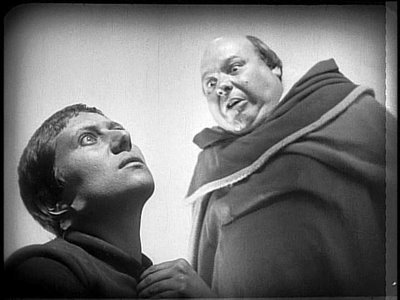But the profits of the grain companies are real
(April 16, 2014) After all the smoke around the chaos in grain marketing has cleared, the evidence shows two things very clearly.
- Grain exports are hardly down at all.
- It is obvious that the private grain companies have run the system to make record profits at the expense of farmers.
These are facts agreed upon by the majority of informed observers except for the Western Grain Elevators Cartel which comes as no surprise. So in this multi-billion dollar murder mystery we know who done it, how they did it, and the motive is for profit.
But it is still interesting to ask how this was allowed to happen. At the heart of the whole mess in grain transportation is a quasi-religious belief held by many that the more unregulated the market, the more efficiently it allocates resources. The conventional wisdom is even though it is not always fair, overall efficiency is more important.
This thinking comes from the fact many economists of a certain age were weaned on Samuleson and Scott’s textbook Economics which contains a little fable to illustrate their view of the dangers of regulating markets. It is about a King who interfered with the market to feed his people and the result was “his starving people blessed their starving king.”
Outside the pure celestial realms of theoretical economics, government rationing of resources is always the rule during crisis and regulation is critical for the post-Second World War prosperity that gullible politicians have unravelled over the past 25 years.
The difficult thing about explaining the current mess is the evidence shows the belief that an unregulated market produces efficient use of resources is demonstrably false but people do not like having their assumptions challenged by evidence. Last year the CWBA issued a news release on this problem with a blasphemous headline which turned out to be a bit ahead of its time: “Competition creates chaos at ports.”
Killing the CWB was a bad move not just because farmers are not getting a “fair” share, but because it has produced a remarkable under-utilization of capital resources: ships going back to anchor two and three times, terminal elevators running significantly under capacity, rail cars sitting, etc. Yet, from an overall financial view, money is still being made – just not by farmers. With the single-desk, money was being made (with most of it going to farmers) but the big difference was that with the single-desk CWB the utilization of capital stock was optimized, customers were happy, prepared to pay premium prices, and their ships seldom had to wait. All of which gives the lie to the ideology that regulation of the economy is always bad.
The various Astroturf groups which supported the destruction of the CWB have decided to call for even more deregulation even though it failed to produce the results they claimed would happen. Faced with a defective market, they are calling for even more of the same. With two railways and only three companies owning all the terminal elevators in Vancouver these calls can only be seen as faith-based rather than evidence-based. Perhaps ending the licensing of dogs is the final frontier for these true believers, but the evidence shows more deregulation just leads to misallocation of capital resources and more money out of farmers’ pockets and into those of the middlemen. The grain companies and the railroads are doing just fine and no doubt hope to do better as long as they are allowed to exploit their positions in this defective market created by Ottawa.
Instead of doubling down as their well paid Astroturf supporters are calling for, Ottawa should admit their fantasy-based experiment with grain marketing was a failure and reverse its destruction of the farmer controlled single desk Canadian Wheat Board. Aside from giving farmers their fair share of the value of their grain, restoring the single-desk would make Canada’s grain marketing more efficient.



A blind man can see that the grain company’s have robbed the farmer again thanks to Harper and ritz